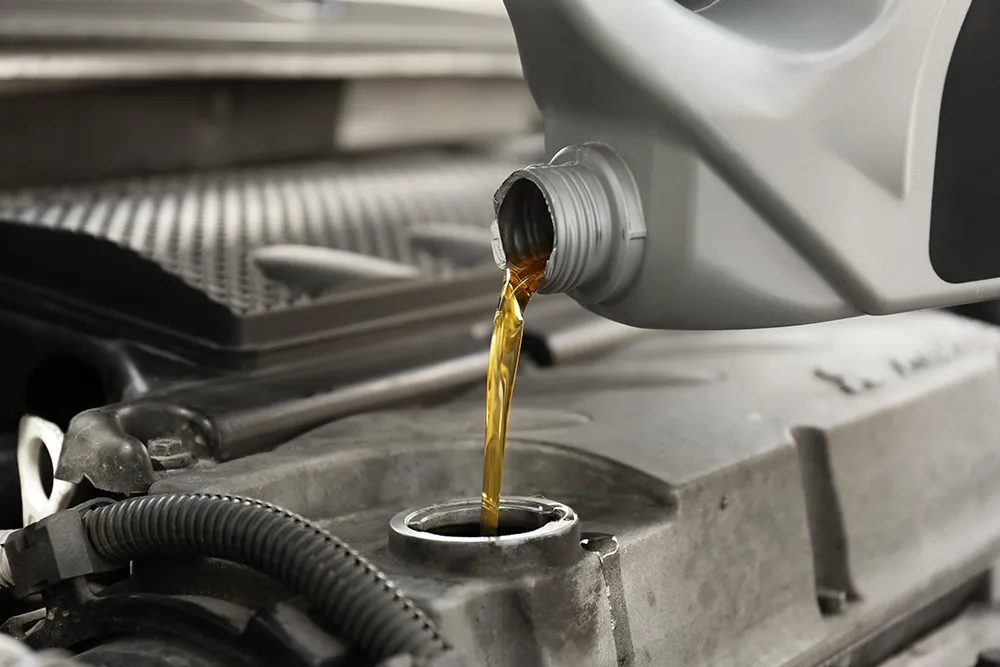Oil changes are like a breath of fresh air for your vehicle’s engine, ensuring it runs smoothly and efficiently. In this article, we’ll dive into the world of oil changes, why they matter, and how they play a pivotal role in preserving your engine’s health and longevity.
Why Oil Changes Matter
Oil changes are essential for several compelling reasons:
Lubrication: Engine oil lubricates moving parts, reducing friction and minimizing wear and tear.
Temperature Control: It helps regulate the engine’s temperature, preventing overheating and ensuring optimal performance.
Contaminant Removal: Oil carries away dirt, debris, and contaminants, preventing them from damaging the engine.
Fuel Efficiency: Clean oil contributes to improved fuel efficiency by reducing engine friction.
Prolonged Engine Life: Regular oil changes help extend the lifespan of your engine, delaying the need for costly repairs or replacements.
Understanding Engine Oil
Engine oil is more than just a lubricant; it’s a vital component of your vehicle’s engine. It performs several critical functions:
Lubrication: Oil forms a protective film between moving parts, reducing friction and preventing metal-on-metal contact.
Cooling: It absorbs and dissipates heat, helping to maintain the engine’s optimal temperature.
Cleaning: Oil carries away dirt, debris, and combustion byproducts, preventing them from clogging engine components.
Sealing: Oil helps create a tight seal between the piston rings and cylinder walls, preventing gas from escaping.
Signs It’s Time For An Oil Change
Recognizing signs that it’s time for an oil change is crucial for timely maintenance:
Oil Change Reminder: Follow the manufacturer’s recommended oil change intervals provided in your vehicle’s manual.
Oil Change Light: Some vehicles have an oil change indicator light on the dashboard that illuminates when it’s time for a change.
Engine Noise: Increased engine noise, such as knocking or ticking, may indicate insufficient lubrication.
Dark, Dirty Oil: Check the color and consistency of your engine oil; if it’s dark and dirty, it’s time for a change.
Decreased Fuel Efficiency: A drop in fuel efficiency could be a result of dirty or old oil causing increased engine friction.
When To Change Your Oil
Oil change intervals vary depending on your vehicle, driving habits, and the type of oil used. It’s essential to follow the manufacturer’s recommendations provided in your vehicle’s manual. Common intervals include every 3,000 to 7,500 miles or every 3 to 6 months.
Professional Oil Changes
Oil changes should be performed by trained technicians who follow manufacturer recommendations. Regular maintenance visits to a qualified mechanic are crucial to ensure proper oil changes and overall engine health.
Oil changes are the lifeline that keeps your engine running smoothly and efficiently. Understanding the significance of regular oil changes and recognizing the signs that it’s time for a change empower you to preserve your engine’s health and longevity. Don’t overlook this essential maintenance task; prioritize oil changes to ensure your vehicle’s engine continues to purr like a well-oiled machine for years to come.



